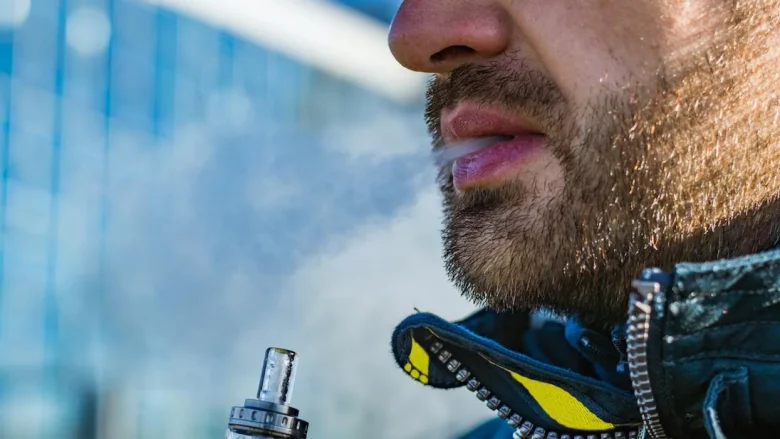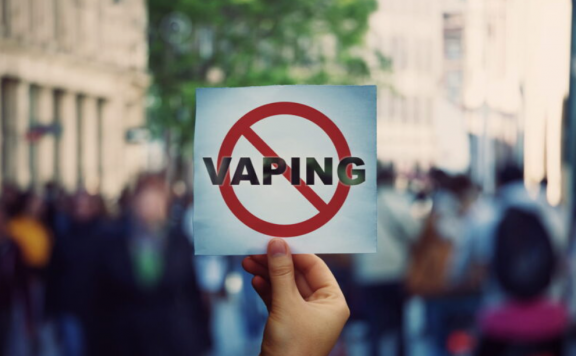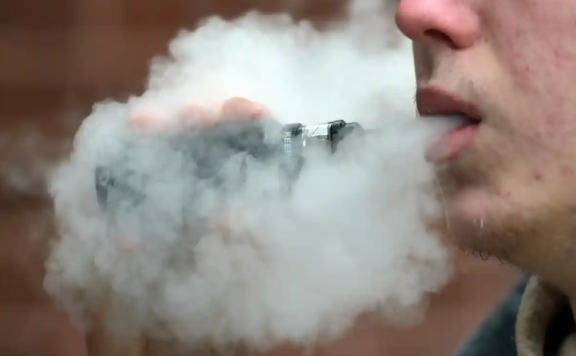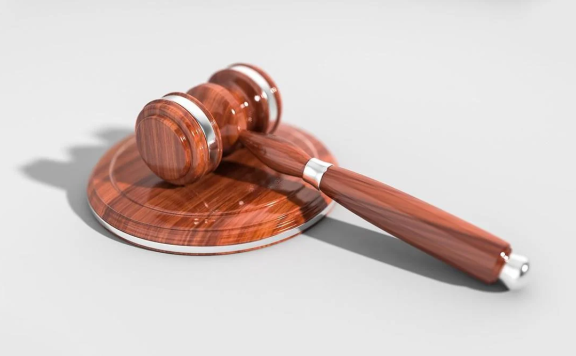A new Canadian government federal vape tax framework on vaping products went into effect on 1st October 2022. Now the Quebec government is planning to review its Vape tax rate to be in line with the federal excise tax on vaping products. Eric Girard, Quebec’s finance minister made this announcement in early December 2022. This has enlisted a negative reaction as many stakeholders in the vaping industry feel that reworking the Quebec tax rate will lead to an increase in the price of vaping products across the province.
In June 2022, the federal government announced a reworked federal excise tax on vaping products. This new tax framework came into effect on 1st October 2022. Consumers of these products have already noticed a change in prices as distributors passed the increased tax rate directly to the consumers.
The new tax rate is based on the size of the vape container. Under this new tax framework, vaping containers with a capacity of 10ml or less attract a tax rate of $1 for every 2ml. Any additional amount between 0ml and 2ml is also taxed $1. For example, a vaping product with a container capacity of 2.5ml of vaping liquid will attract $2 in taxes ($1 for the 2ml and another $1 for the 0.5m capacity).
Vaping products with a capacity that exceeds 10ml attracts a higher tax. The tax rate is $5 for the initial 10 ml and $ for any additional capacity of between 0 ml and 10 ml. For example, a product with a capacity of 25ml will attract a tax of $7 (the first 10ml will be charged $5, then $1 for the next 10ml and another $1 for the remaining 5ml).
Starting October 1st to 31st December 2022, products on which the new tax rate had been applied bore a special stamp showing the new tax rate. Beginning 1st January 2023 only products with the special stamp for the new tax will be sold in the country. Retailers will have to pull off shelves older products that had not applied the new tax framework.
In June when announcing the new tax framework for vaping products, the federal government asked provinces to consider developing identical tax rates. This is what informed the recent announcement made by Girard. He has argued that the new Quebec vape tax rate is important because it will help deter youth from buying and using vaping products.
However, the Coalition des droits des vapoteurs du Québec (CDVQ) sees things a little differently. The coalition says that a new vape tax in Quebec will be passed to consumers by retailers and this will see the prices of vaping products rise tremendously. It estimates that the price increase will range somewhere between 40% and 80%. This will likely hurt everyone.
While it is estimated that the new vape tax will generate about $40 million in revenue for the province it will hurt many. According to CDCQ increasing taxes on vaping products will do little to deter minors from using those products. Instead, it will simply hut those using those products to quit smoking traditional cigarettes. Valerie Gallant, the CDVQ spokesperson says that the government should focus on enforcing existing laws if it wants to prevent the youth from vaping.






